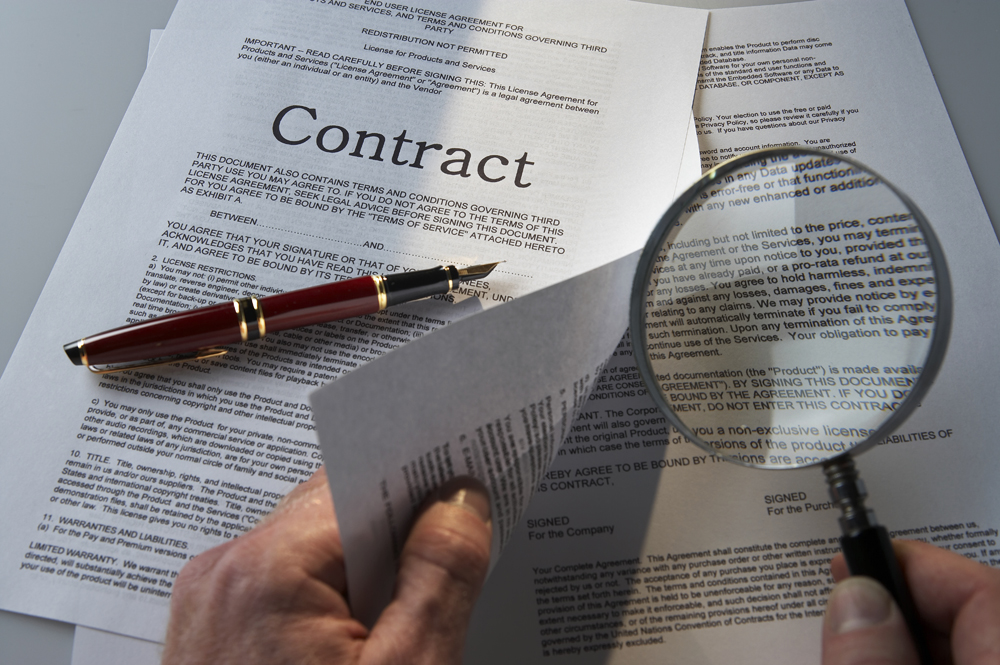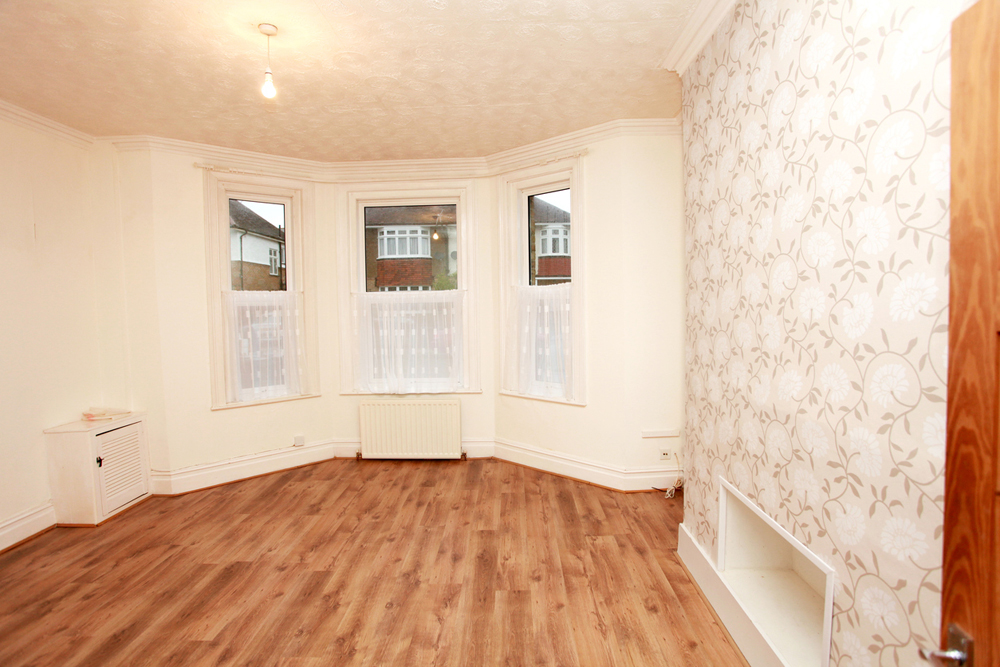
Scott McGillivray is a real estate expert and host of HGTV Canada’s Income Property and Moving the McGillivrays.
In my business, people are always worried about dealing with nightmare tenants. But there’s a flip side to that. There are plenty of renters out there who also deal with lousy landlords. If this is a concern of yours, here’s what you should keep in mind.
1. Know Your Rights
While landlord/tenant rights are similar in different areas, they can differ slightly by province and municipality. Be sure to familiarize yourself with the rules. There are commonalities, such as not being able to invade your privacy, or raise the rent during the lease term, but details vary based on location.

2. Check Your Lease
Leases can be long and boring. Read them anyway. If your landlord has agreed to something in a lease, he or she must abide by it. And the same goes for you. You can’t fight something that you previously agreed to in writing. But if your landlord tries to make unreasonable demands, or insist you do things that aren’t your responsibility, remind them of what’s in the lease, and even send them a highlighted copy. He or she may not like it, but that lease is your winning ticket.
Related: Renting Versus Buying: When is it Smarter to Rent?
3. Put it in Writing
Failing to make repairs is the #1 complaint tenants have about landlords, so as soon as you notice a problem with something in your unit, make a request in writing. In some cases you’ll be asked to fill out a form, but if not, make a detailed request in writing and keep a copy for yourself. In fact, I suggest that you record every request, agreement and conversation in an email so that you always have a dated copy. This will be very useful should you end up in a dispute.

4. Take Pictures
Along with putting requests in writing, it’s highly advisable to take pictures of everything. Take photos of the empty apartment when you move in and make note of anything that looks sketchy, broken or on its last legs, and continue to take pictures of anything that deteriorates over the course of your tenancy. If a repair is needed, take a photo of the problem so that you have it on record. A picture says a thousand words, so if your landlord sees a problem that could cost them more if ignored, they may be quicker to act.
Related: This is What $1000 in Rent Will Get You Across Canada.
5. Do Not Withhold Rent
As tempting as it may be when you’re in the midst of a dispute, do not withhold the rent while waiting for repairs to be completed or other problems to be worked out. You also can’t deduct rent for any repairs you’ve made yourself. I don’t know of anywhere where this is legal, and if you try to do it, all of a sudden you’ll be the one on the wrong side of the law, and you may face possible eviction.

6. Determine the Severity of the Situation
It’s easy to get worked up when you feel you’re being mistreated or not getting what you paid for, but you need to take a breath and decide how bad the situation really is. If you feel that you or your home are in danger, then absolutely seek legal counsel and move forward, but if not, you may want to take a step back and reboot. If it’s just that you and your landlord have a bad relationship, there may not be much you can do about it. Give your notice and move on.
7. Talk to Other Tenants
If you’re having major problems with your landlord, it’s probably safe to assume other tenants are as well. Speak to them and see if they are having, or have had, similar issues. They may be able to offer you helpful advice on how to resolve things, or you may be able to work together to force your landlord into action.

Related: Scott McGillivray Reveals the Most Common Mistakes Landlords Make.
8. Seek Legal Advice
If you have a landlord that comes into your property unannounced, makes unreasonable demands, threatens you, or harasses you, it may be time to seek legal advice. The same goes if he or she refuses to make necessary repairs. You can alert local health or building inspectors if you fear for your safety, and/or you can sue your landlord. Suing is never a pleasant experience, but it may be your only option. Just make absolutely sure that you have done everything you need to do under the lease terms so that you have a solid case.
Images courtesy of iStockPhoto.com and Getty Images.
HGTV your inbox.
By clicking "SIGN UP” you agree to receive emails from HGTV and accept Corus' Terms of Use and Corus' Privacy Policy.



